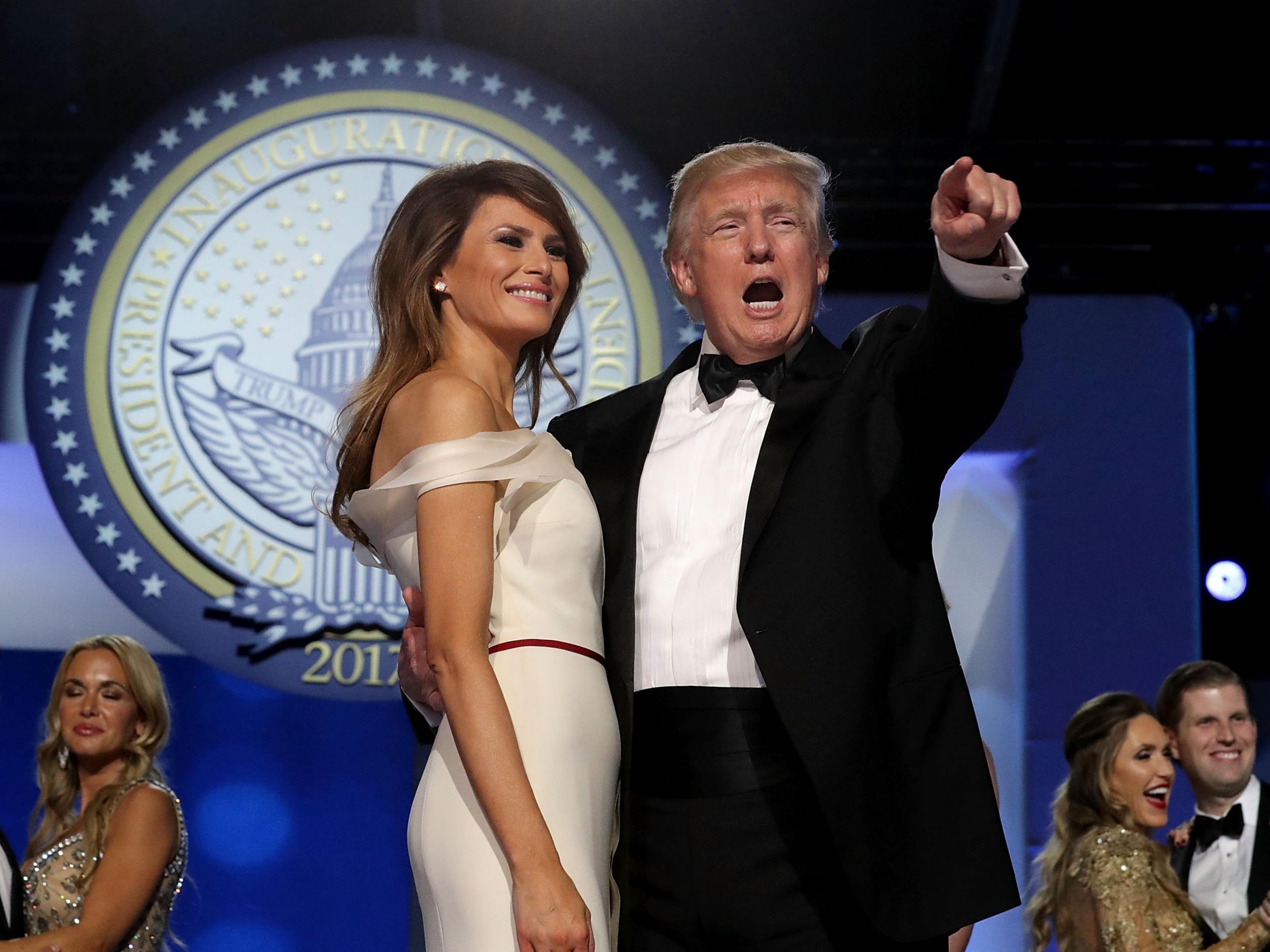Donald Trump makes it harder for low-income families to buy a house in one of his first acts as President
Insurance premium cut would have saved average borrower $500 a year

Your support helps us to tell the story
From reproductive rights to climate change to Big Tech, The Independent is on the ground when the story is developing. Whether it's investigating the financials of Elon Musk's pro-Trump PAC or producing our latest documentary, 'The A Word', which shines a light on the American women fighting for reproductive rights, we know how important it is to parse out the facts from the messaging.
At such a critical moment in US history, we need reporters on the ground. Your donation allows us to keep sending journalists to speak to both sides of the story.
The Independent is trusted by Americans across the entire political spectrum. And unlike many other quality news outlets, we choose not to lock Americans out of our reporting and analysis with paywalls. We believe quality journalism should be available to everyone, paid for by those who can afford it.
Your support makes all the difference.One of Donald Trump’s first acts as President was to increase the cost of mortgages for low-income and first-time buyers.
The Republican suspended one of the final decisions by former President Barack Obama that would have cut Federal Housing Administration (FHA) insurance premiums by 0.25 per cent, meaning the average borrower would save around $500 (£400) a year.
The cut was expected to help a quarter of a million more people afford home loans over the next three years.
But some Republicans had opposed the rate cut, fearful that if the loans could not be repaid, the Federal Housing Administration (FHA) would need a bailout from the Treasury.
In 2013, the FHA received a $1.7bn (£1.37bn) rescue package to help it cope with consequences of the collapse of the housing bubble.
However, announcing the cut earlier this month, the outgoing Obama administration said sufficient progress had been made since the bailout to justify cutting rates for ordinary Americans.
Mr Obama's Housing and Urban Development (HUD) Secretary Julian Castro argued that after “four years of straight growth and with sufficient reserves on hand to meet future claims, it's time for FHA to pass along some modest savings to working families“.
But announcing its decision to freeze the rate cut, the Trump administration emphasised its duty to taxpayers, saying: “More analysis and research are deemed necessary to assess future adjustments.”
It said it was “considering potential market conditions in an ever-changing global economy that could impact our efforts”.
Now, the rate will remain at 0.85 per cent, rather than 0.6 per cent.
At his confirmation hearing, Mr Trump’s pick for HUD Secretary, Ben Carson, indicated he thought mortgage loans did not necessarily need government backing.
The neurosurgeon-turned-politician – who has previously opposed government schemes that encourage what he calls “dependency” – indicated he was open to private companies playing a larger role in providing home loans to poorer households.
Mr Carson also said he was surprised by the Obama administrations FHA rate cut, vowing to “really examine that policy” if he was confirmed as HUD secretary.
The cut in rates would have come into force on 27 January had it not been suspended.
Join our commenting forum
Join thought-provoking conversations, follow other Independent readers and see their replies
Comments